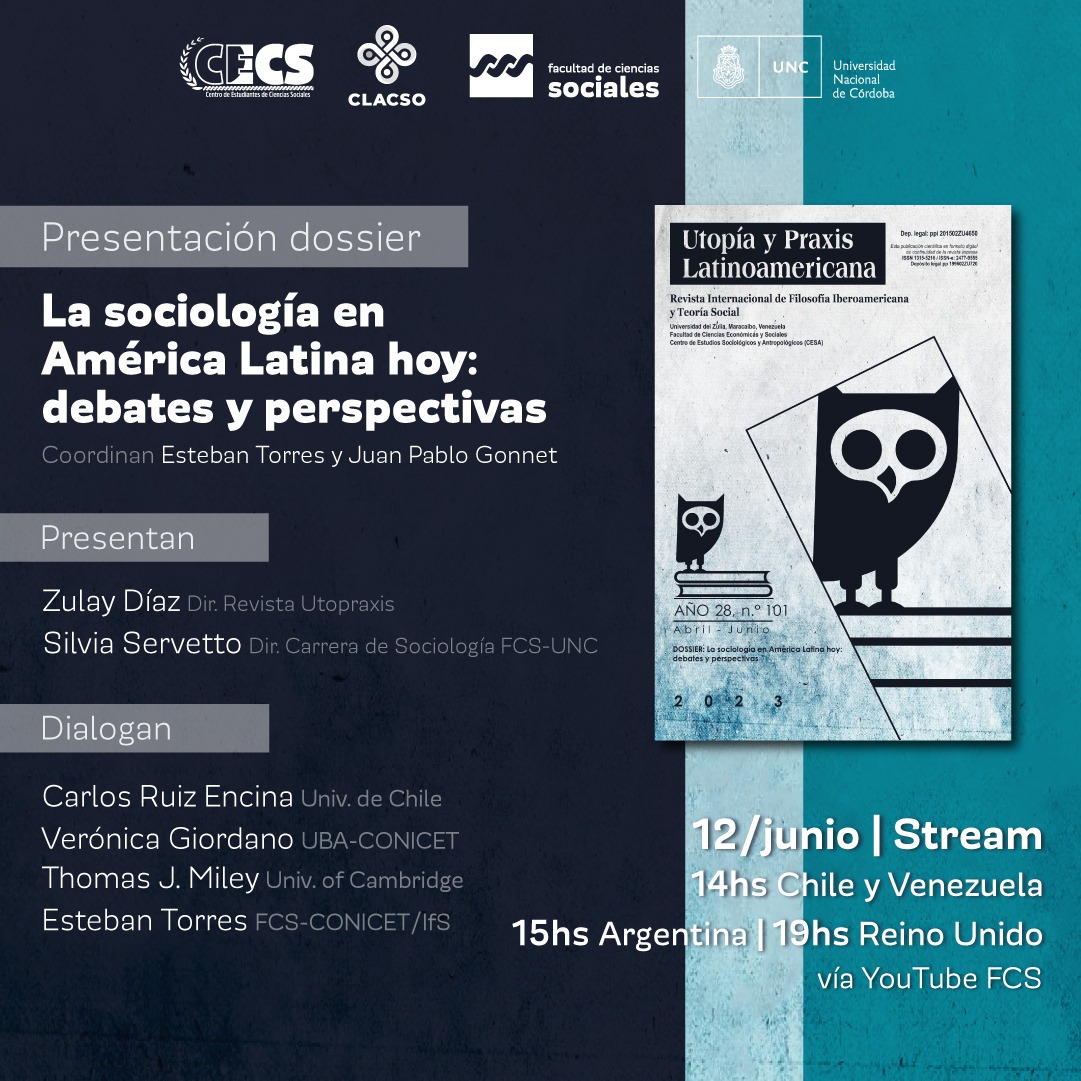Effect of parent support on engagement through need satisfaction and academic buoyancy
Resumen
ABSTRACT
The purpose of this study is to test the model of the influence of support from parents on engagement through basic psychological needs satisfaction on middle school students. Participants in this study were 1352 students. The hypothesized model demonstrated a good fit with the data (RMSEA = .058; CFI = .993; NFI = .991; GFI = .961). It can be concluded that engagement can be formed by parents’ support through the mediation of internal processes within students. The findings reinforce the importance of the role of parents as part of the social context to fulfil basic psychological needs.
RESUMEN
El propósito de este estudio es probar el modelo de la influencia del apoyo de los padres en el compromiso a través de la satisfacción de las necesidades psicológicas básicas en los estudiantes de secundaria. Los participantes en este estudio fueron 1352 estudiantes. El modelo hipotético demostró un buen ajuste con los datos (RMSEA = .058; CFI = .993; NFI = .991; GFI = .961). Se puede concluir que la participación se puede formar dentro de los estudiantes. Los resultados refuerzan la importancia del papel de los padres como parte del contexto social para satisfacer las necesidades psicológicas básicas.
Citas
BUFF, A, REUSSER, K, & DINKELMANN, I (2017). “Parental support and enjoyment of learning in mathematics: Does change in parental support predict change in enjoyment of learning?”. ZDM, 49(3), pp. 423-434.
CHEUNG, KC, MAK, SK, & SIT, PS (2018). “Resolving the attitude–achievement paradox based on anchoring vignettes: evidences from the PISA 2012 mathematics study”. Asia Pacific Education Review, 19(3), pp. 389-399.
COLLIE, RJ, & MARTIN, AJ (2017). "Adaptive and maladaptive work-related motivation among teachers: A person-centered examination and links with well-being". Teaching and Teacher Education, 64, pp. 199-210.
DATU, JAD, & YANG, W (2018). "Psychometric Validity and Gender Invariance of the Academic Buoyancy Scale in the Philippines: A Construct Validation Approach". Journal of Psychoeducational Assessment, 36, pp. 278-283.
DECI, EL, CONNELL, JP, & RYAN, RM (1989). "Self-Determination in a Work Organization". Journal of Applied Psychology, 74(4), pp. 580-590.
DECI, E, & RYAN, R (1994). "Intrinsic Motivation Inventory (IMI)". University of Rochester.
JANG, H., KIM, E. J., & REEVE, J. (2016). "Why students become more engaged or more disengaged during the semester: A self-determination theory dual-process model". Learning and Instruction, 43, 27–38.
MARTIN, AJ, & MARSH, HW (2006). "Academic resilience and its psychological and educational correlates: A construct validity approach". Psychology in the Schools, 43(3).
MARTIN, AJ, & MARSH, HW (2008). "Academic buoyancy: Towards an understanding of students’ everyday academic resilience". Journal of School Psychology, 46(1), pp. 53-83.
MARTIN, AJ, & MARSH, HW (2009). "Academic resilience and academic buoyancy: Multidimensional and hierarchical conceptual framing of causes, correlates and cognate constructs". Oxford Review of Education, 35(3), pp. 353-370.
PITZER, J, & SKINNER, E (2016). "Predictors of changes in students’ motivational resilience over the school year". International Journal of Behavioral Development, 41(1), pp. 15-29.
RAMÍREZ MOLINA, R; VILLALOBOS ANTÚNEZ, J & HERRERA, B (2018). “Proceso de talento humano en la gestión estratégica”. Opción. Revista de Ciencias Humanas y Sociales, 34 (18) pp. 2076-2101.
RYAN, RM, & DECI, EL (2017). "Self‑Determination Theory: An Introduction and Overview". Self-Determination Theory: Basic Psychological Needs in Motivation, Development, and Wellness, pp. 1–25.
SKINNER, EA, & BELMONT, MJ (1993). "Motivation in the classroom: Reciprocal effects of teacher behavior and student engagement across the school year". Journal of Educational Psychology, 85(4), pp. 571–581.
SKINNER, EA, & PITZER, JR (2012). "Developmental dynamics of student engagement, coping, and everyday resilience". In Handbook of Research on Student Engagement.
TARBETSKY, AL, COLLIE, RJ, & MARTN, AJ (2016). "The role of implicit theories of intelligence and ability in predicting achievement for indigenous (Aboriginal) Australian students". Contemporary Educational Psychology, 47, pp. 61–71.
VILLALOBOS ANTÚNEZ, J; RAMÍREZ MOLINA, R y DÍAZ-CID, L (2019). “Bioética y biopoder: Perspectivas para una praxis pedagógica desde la ética de Álvaro Márquez-Fernández”. Utopía y Praxis Latinoamericana, Revista Internacional de Filosofía y Teoría Social, 24(87), pp. 65-77.
YUN, S, HIVER, P, & AL-HOORIE, AH (2018). "Academic buoyancy: Exploring learners’ everyday resilience in the language classroom". Studies in Second Language Acquisition, 40(4), pp. 805–830.












